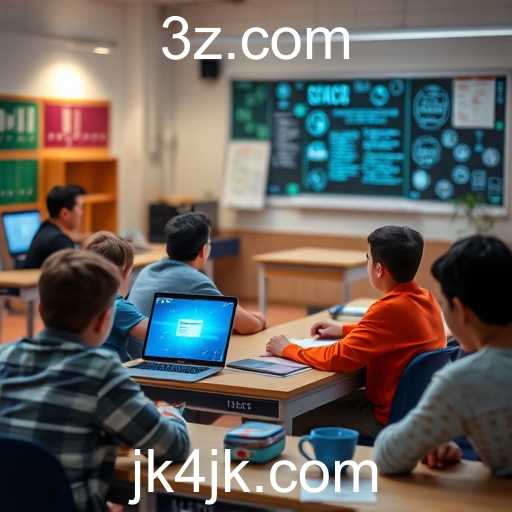Exploring how technology is reshaping the educational landscape and the implications for future learning.
In recent years, technology has become a cornerstone in the transformation of education, playing a pivotal role in how information is shared and consumed. The integration of digital tools into educational systems has opened up new avenues for teaching and learning, making education more accessible and dynamic.
The rise of digital classrooms, powered by platforms like Google Classroom and Microsoft Teams, has bridged the gap between physical and digital learning environments. This shift, accelerated by the COVID-19 pandemic, has not only allowed continuity in education during times of crisis but has also provided opportunities for personalized learning experiences.
With the advent of artificial intelligence, adaptive learning systems have been developed, capable of tailoring educational content to suit individual student needs. These systems use data analytics to monitor a student’s progress in real-time, providing feedback and adjusting the curriculum accordingly. This level of customization helps in addressing learning gaps more efficiently than traditional methods.
Furthermore, virtual reality (VR) and augmented reality (AR) are beginning to find their place in classrooms. By providing immersive experiences, these technologies help students understand complex subjects, such as historical events or scientific processes, in an engaging and interactive way. The ability to visualize and interact with content in three dimensions can greatly enhance comprehension and retention of information.
However, the integration of technology in education is not without its challenges. Issues such as digital divide, privacy concerns, and the need for adequate training of educators remain significant obstacles. Ensuring equitable access to digital resources for all students is critical in preventing the exacerbation of existing educational inequalities.
As educators and policymakers look to the future, fostering a curriculum that balances digital literacy with traditional skills is essential. The goal is not to replace traditional education but to augment it, preparing students for a future where technology is an integral part of everyday life.
Looking ahead, the continued evolution of edu-tech promises transformative changes in the way we learn and teach. With the right strategies and inclusive policies, technology has the potential to create a more inclusive, efficient, and personalized education system for future generations.




